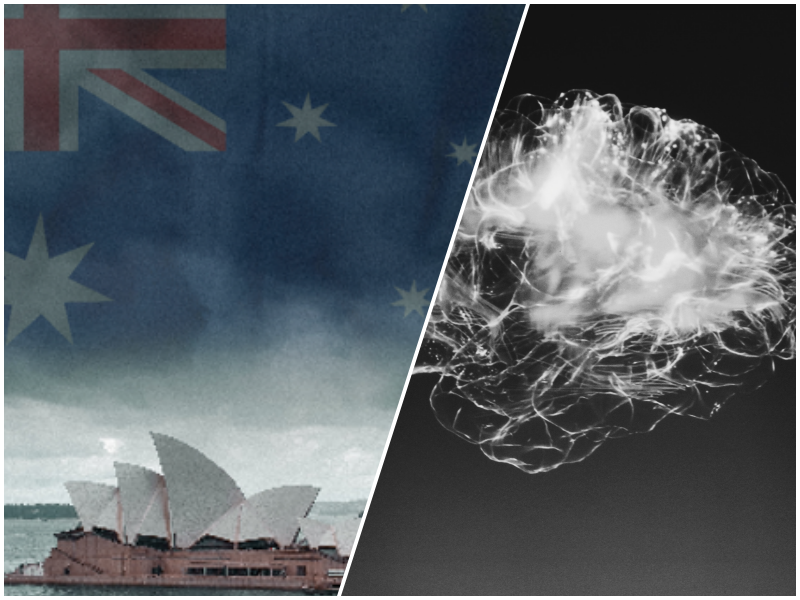以下大雑把な英語版です。
知ってる内容を英語ルートで理解。洋画で字幕を読んで英語を聞くように。
日本語の内容はこちらから
↓ ↓ ↓
https://worldlife.jp/archives/11062
https://worldlife.jp/archives/10983The other day, I was surprised at the TV news that about 60% of the Australian people remember being maltreated during their childhood, including less than 30% sexually abused.
It sounds serious. But is it true? It just sounds too serious to be true.
Luckily, I have once read a book on how untrustworthy our memories are.
The most memorable experiment was conducted the morning following the tragic explosion of the NASA space shuttle Challenger, killing all the crew on board, which occurred while the whole world was watching the liftoff. The experimenters asked a whole class of students about the circumstances under which they heard about this accident. They kept their answers and asked the same subjects the same questions two and a half years later.
The differences between the two group of answers were dramatic. For example, one subject living in the dorm had reported that he was told about this incident from X at 11:30 a.m. and went back to his own room alone, reporting two and a half years later, however, that he was told by Y at 1:10p.m. in the company of Z. When he was shown his answers written by his own hand, he denied that it was correct.
If what an eminent neuroscientist says is true, we can assume that 60% positive answers can include a quarter of false positives, i.e. about 45 percent of the subjects can have been maltreated during childhood, which is still alarming, but more trustworthy, it seems.
These figures need verifying, to say the least, which is easier said than done.
私立学校に英語教師として勤務中、40代半ばに差し掛かったころ、荒れたクラスを立て直す策として、生徒に公言して英検1級に挑戦することを思い立つ。同様の挑戦を繰り返し、退職までに英検一級(検定連合会長賞)、TOEIC満点、国連英検SA級、フランス語一級、スペイン語一級(文科大臣賞)、ドイツ語一級、放送大学大学院修士号などの成果を得る。
アメリカで生徒への対応法を学ぶ為に研修(地銀の助成金)。最新の心理学に触れた。4都県での全発表、勤務校での教員への研修を英語で行う。現在も特別選抜クラスの授業を全て英語で行っている。「どうやって単語を覚えればいいですか?」という良くある質問に答える為、印欧祖語からの派生に基づく「生徒には見せたくない語源英単語集」を執筆中。完成間近。常日頃洋書の読破で様々な思考にふれているが、そうして得た発想の一つを生かして書いた論文がコロナ対策論文として最近入賞。賞品の牛肉に舌鼓をうっている。元英検面接委員


